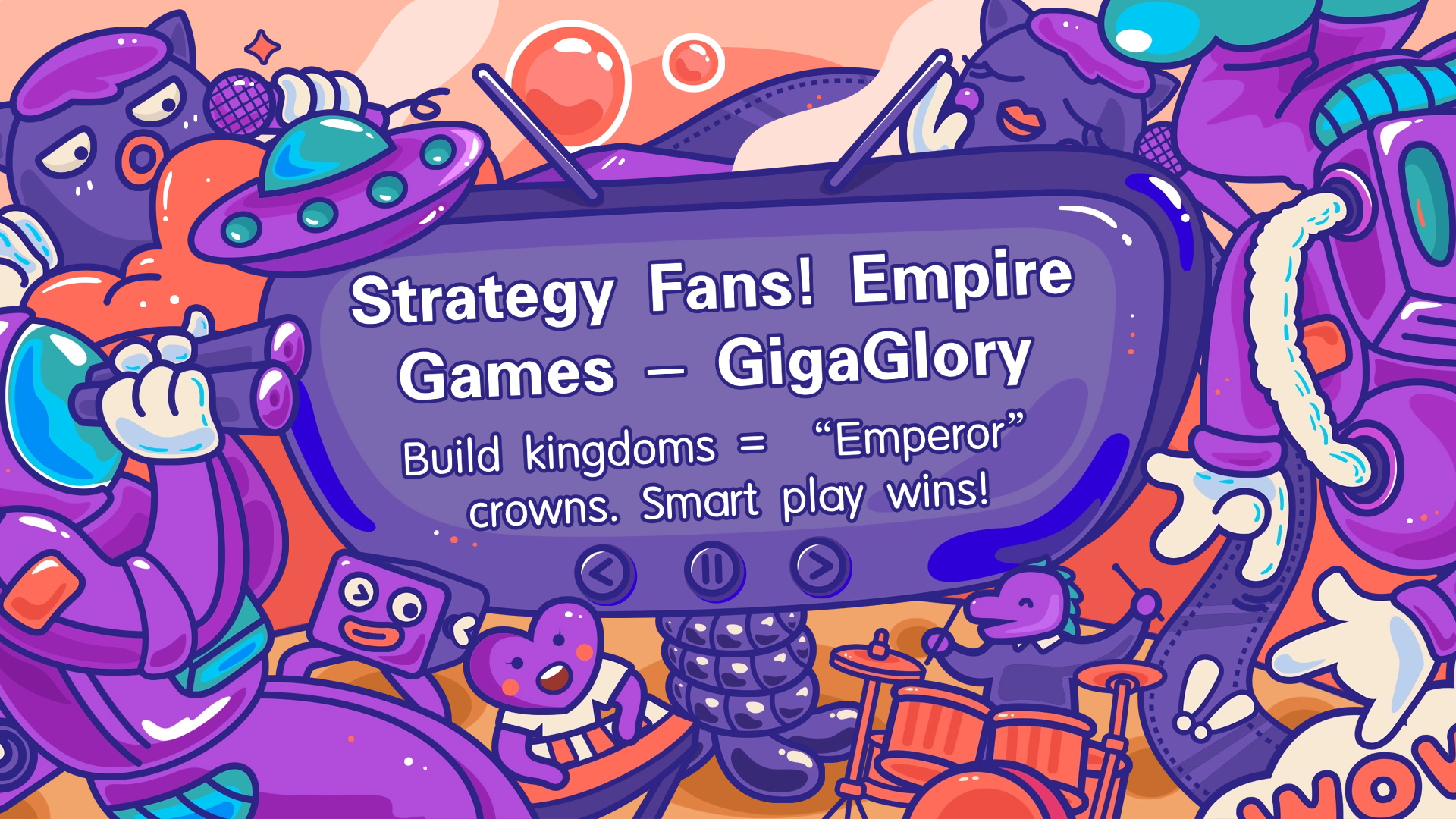Unlocking Adventure: The Impact of RPG Games on Modern Gaming Culture
RPG games, or Role-Playing Games, have fundamentally reshaped the landscape of modern gaming culture. From humble beginnings in the late 20th century to becoming a global phenomenon, RPGs invite players to immerse themselves in rich narratives and vibrant worlds. The appeal of RPGs goes beyond mere gameplay; they offer a unique blend of storytelling, character development, and social interaction, allowing players to explore adventures limited only by their imagination.
1. The Evolution of RPG Games
RPGs originated with tabletop games like Dungeons & Dragons, rapidly evolving alongside technology. With the establishment of computer RPGs in the 1980s, titles like Final Fantasy and The Elder Scrolls became landmarks in the genre. These games introduced complex worlds, character customization, and strategic gameplay. Today, RPGs encompass various styles, including action RPGs, tactics RPGs, and massively multiplayer online role-playing games (MMORPGs).
2. Characteristics of RPGs
- Character Development: Players can create and grow a character that reflects their choices and strategies.
- Storytelling: The narrative depth allows for emotional engagement and thematic exploration.
- Exploration: Open worlds encourage players to discover hidden secrets and quests.
- Social Interaction: Multiplayer RPGs foster a community, enhancing player collaboration and competition.
3. RPG Games and Their Cultural Impact
The socio-cultural influence of RPGs is profound. These games often reflect societal themes, ethnic diversity, and moral dilemmas. They provide a platform for players to engage with real-world issues, from identity to politics. RPGs have also cultivated a robust fan base, leading to conventions, cosplay communities, and fan fiction that expands upon game narratives.
4. Popular RPGs That Shaped a Generation
| Game Title | Release Year | Impact |
|---|---|---|
| Final Fantasy VII | 1997 | Revolutionized storytelling in gaming. |
| The Elder Scrolls V: Skyrim | 2011 | Set a new standard for open-world design and player freedom. |
| World of Warcraft | 2004 | Pioneered the MMORPG genre, creating a persistent online universe. |
5. Clash of Clans: An RPG in Disguise
While Clash of Clans may not be a traditional RPG, it incorporates elements that appeal to RPG enthusiasts. Players construct their villages, build armies, and engage in tactical battles. Looking for Clash of Clans game play tips? Here are a few strategies:
- Focus on resource management to upgrade your village effectively.
- Join a clan for collaborative gameplay and better strategies.
- Plan your attacks carefully based on enemy base layout.
6. The Psychology of RPGs: Escape and Empowerment
One compelling aspect of RPGs is their psychological effect on players. RPGs allow individuals to escape reality, providing a world where they can explore different facets of their personalities. Players can assume roles that they might not feel comfortable embodying in real life, fostering self-exploration and confidence.
7. Conclusion: The Future of RPGs
The impact of RPG games on modern gaming culture is undeniable. They offer not just entertainment but also a canvas for storytelling, creativity, and community-building. As gaming technology continues to evolve with advancements like virtual reality, the future of RPGs promises even more immersive experiences. RPGs are more than just games; they are avenues for adventure that resonate deeply with players worldwide. With their diverse offerings and engaging narratives, RPGs will continue to thrive and captivate audiences for years to come.



